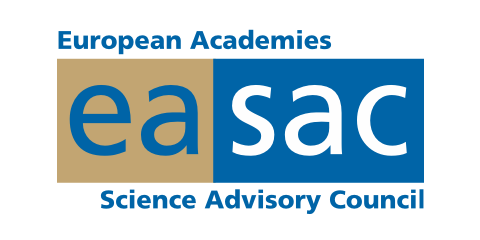Programme / Decarbonisation of transport – policy options and ethical challenges
‹ back to Programme listerDay 1
Wednesday / 20 NOV
14:00 - 15:30
Recent analyses have shown that current EU policies are unlikely to deliver greenhouse gas (GHG) emission reductions quickly enough to limit climate warming to less than 2°C”. GHG emissions from transport differ between countries, but represent 24% of all GHG emissions from the EU. Road transport makes up nearly three-quarters of this.
This situation implies a number of ethical challenges, on a regional and personal level. Regionally, important GHG emitters such as the EU should make more rapid contributions to emission reductions than regions in the global South. On an individual level, the more vulnerable groups in society should be protected from having to pay for the required changes to transport systems.
The current situation could be turned around by putting ‘avoid, shift, and improve’ measures into place quickly. Better targeted policies could contain demand for inefficient motorised passenger and freight transport, promote healthy walking and cycling in urban areas, accelerate the phase out of fossil fuels, and increase access to low carbon electricity. Public funding could incentivise low-emission vehicles and fuels, energy infrastructure and high-quality public transport”.
International collaboration, new business models and citizen engagement will become more important as falling fossil fuel consumption makes oil and gas prices more volatile.
The panel discussion will focus on the challenges of implementing policies that require personal mobility lifestyle changes by all sectors of society. Freight transport will also be addressed, as this is heavily influenced by the advent of online shopping.
Finally, EASAC will highlight how academies are using excellent science to address these challenges; by engaging with stakeholders and policy makers, and by promoting innovation and best practices. This side event of the World Science Forum will be based on very recent EASAC work and will stimulate global discussion.
Chairman:
Speakers:
- William Gillett, Director of the Energy Programme, European Academies Science Advisory Council
- Konstantinos Boulouchos, Head of Swiss Competence Center Efficient Mobility, ETH Zürich
- Neven Duić, Full professor at the Department of Energy, Power Engineering and Environment, FSB, University of Zagreb, University of Zagreb, Faculty of Mechanical Engineering and Naval Architecture
- George Giannopoulos, Corresponding Member , Academy of Athens
- Øystein Ulleberg, Principal Scientist / Director MoZEES, IFE
